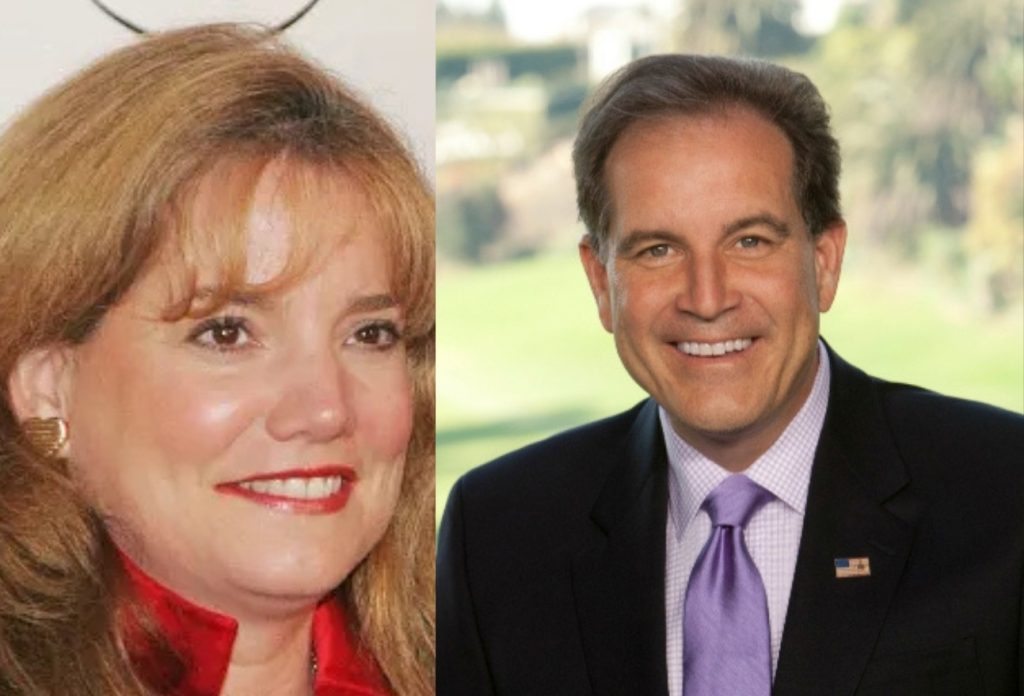When you’re in your 30s, money hits differently. You’re no longer figuring things out like in your 20s. You might have a steady job, a family, or even a mortgage. But along with progress comes pressure.
There’s this constant noise about where you “should” be financially—saving more, earning more, spending less, planning for the future.
It’s easy to feel behind or unsure. So, what does financial freedom actually mean at this point in life? Is it about having millions in the bank, or is it something more personal and realistic?
Let’s break it down in a way that fits real life in your 30s—not just some ideal version of success.
1. Understanding Financial Freedom in Your 30s
Financial freedom in your 30s isn’t always about early retirement or having zero debt. It’s more about stability. It’s knowing your bills are covered, you can handle a few surprises, and you’re making progress toward your future goals.
For some, it means finally building up savings after years of just getting by. For others, it’s about being able to say yes to a vacation without stressing over credit card debt. It often comes down to feeling in control, not just with your income but with your mindset, too.
For some people, shifting their mindset starts with daily money affirmations. Phrases like “I am in control of my finances” or “I deserve financial peace” are some powerful money affirmations that work to keep you grounded.
Saying them regularly can help reduce stress and keep your financial goals top of mind—especially when things feel uncertain.
2. Paying Off Debt Without Letting It Run Your Life
Debt is a big deal in your 30s. Maybe you’re still paying off student loans. Maybe you took on a car loan, or you’re managing credit card debt that crept up during tough months. It’s normal.
The key is not letting debt control your future. Instead of rushing to wipe out everything as fast as possible, try a steady, intentional approach. Choose a method that works for you—like the avalanche method (paying high-interest debt first) or the snowball method (paying smallest balances first for motivation).
It’s okay if it takes time. You don’t need to put your entire life on hold just to crush debt. A realistic plan that fits your budget is better than a strict one you’ll burn out on. Remember, it’s not about being perfect—it’s about staying consistent.
3. Building an Emergency Fund That Feels Right for You
You’ve probably heard the advice: save three to six months of expenses. That’s a good goal, but it can feel huge if you’re starting from scratch.
Instead of focusing on the big number, start with a smaller milestone. Maybe it’s $500. Then $1,000. Then one month’s rent. Having something—anything—set aside makes a real difference. It gives you breathing room when life throws you a curveball.
Keep this fund separate from your checking account so you’re not tempted to dip into it. A high-yield savings account works well because you can still access it quickly if needed.
4. Investing for the Life You Actually Want

Investing doesn’t have to be complicated. In your 30s, it’s a great time to start if you haven’t already. You’ve still got time on your side.
If your job offers a 401(k) with a match, take it. That’s free money. If not, look into a Roth IRA or another option that fits your situation. Even if you can’t put away much, it adds up. The goal isn’t to become an investing expert—it’s to get into the habit of setting money aside for later.
And investing isn’t just about retirement. Maybe you want to start a business one day. Maybe you want to quit your 9-to-5. Investing helps give you those future options.
5. Knowing When “Enough” Is Enough
It’s easy to fall into the trap of always wanting more. A nicer apartment. A better car. Fancier vacations. But chasing “more” without knowing your version of “enough” can leave you feeling empty and broke.
Try this: figure out what monthly income would let you live comfortably without stress. Not extravagantly—just with peace of mind. That’s your freedom number. Once you know it, you can stop comparing yourself to others and start building a life that fits you.
Financial freedom is about feeling satisfied—not stretched thin for the sake of appearances.
6. Saying No Without Feeling Guilty
Your 30s can be full of spending triggers: weddings, baby showers, trips, gifts, and group dinners. The pressure to say yes—especially when everyone else is doing it—can be overwhelming.
But here’s the thing: you’re allowed to say no. You’re allowed to put your goals first. And it doesn’t make you cheap or rude.
Be honest with yourself about what fits your budget. You can still show up for friends without overspending. Offer to meet for coffee instead of brunch. Skip the group trip and plan a local get-together instead. The people who matter will understand.
7. Designing a Life You Don’t Want to Escape From
At some point, financial freedom stops being about money. It becomes about time. Peace. Flexibility.
In your 30s, start asking: What do I actually want my life to look like? Maybe it’s working fewer hours. Maybe it’s being home for dinner. Maybe it’s taking a month off every summer. Whatever it is, use your finances to build that life—not just a bigger bank account.
Money is a tool. Use it to shape your day-to-day, not just your retirement someday.
Financial freedom in your 30s isn’t about hitting a magic number. It’s about feeling confident, making smart choices, and building a life that works for you. It’s being able to breathe. Being able to pivot. Being able to say, “I’m good,” even when things don’t go perfectly.
You don’t have to do it all at once. Just start. Pay off that one card. Put $50 into savings. Say no to that expensive dinner. Take a deep breath and remind yourself—you’re in control now.
That’s what financial freedom really looks like.





